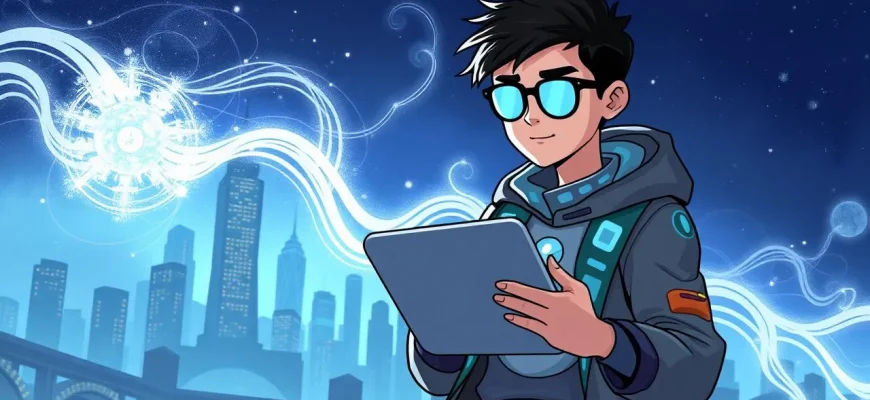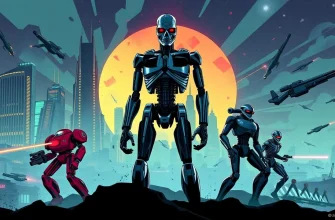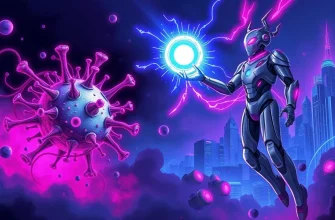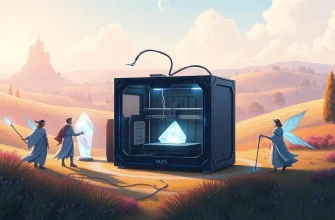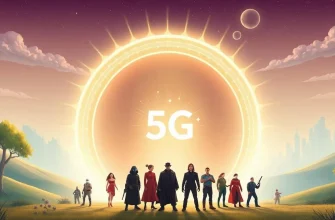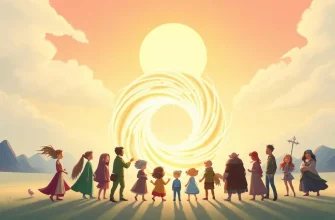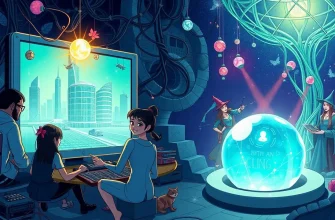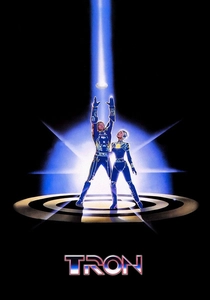
Tron (1982)
Description: A computer programmer is transported inside the software world of a mainframe computer, where he interacts with programs in a digital world. This pioneering film set the stage for future computer fantasy films.
Fact: Tron was one of the first films to use computer-generated imagery extensively, paving the way for CGI in cinema.
 Watch Now
Watch Now
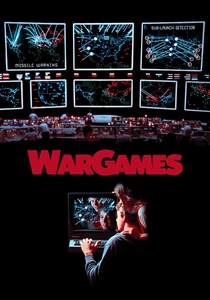
WarGames (1983)
Description: A young computer whiz inadvertently hacks into a military supercomputer, thinking it's a game, and nearly triggers World War III. The film blends real-world technology with the fantasy of global control through computers.
Fact: The film led to the establishment of the Computer Fraud and Abuse Act in the U.S. due to concerns about computer security.
 Watch Now
Watch Now
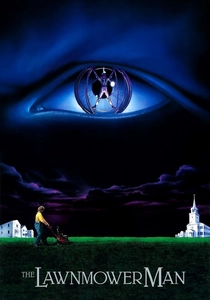
The Lawnmower Man (1992)
Description: A mentally challenged man is subjected to experimental virtual reality treatments, becoming a genius with dangerous powers. This film explores the fantasy of enhancing human intelligence through technology.
Fact: The film was based on a Stephen King short story, though it significantly deviates from the original plot.
 Watch Now
Watch Now
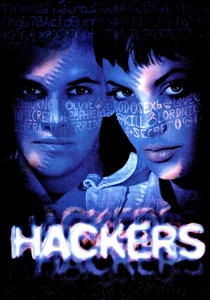
Hackers (1995)
Description: While not strictly fantasy, "Hackers" captures the essence of computer geniuses in a stylized, almost fantastical portrayal of the hacking world, where young hackers use their skills to thwart a corporate villain.
Fact: The film was one of the first to depict hacking in a visually appealing way, influencing how hacking is portrayed in movies thereafter.
 Watch Now
Watch Now
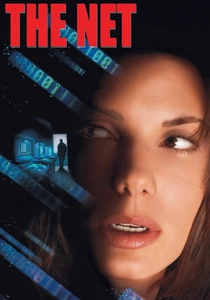
The Net (1995)
Description: A systems analyst finds herself erased from all records after discovering a computer conspiracy. This film explores the fantasy of a world where one's digital identity is as crucial as their physical one.
Fact: The film was one of the first to address the issue of identity theft and the vulnerability of personal information online.
 Watch Now
Watch Now
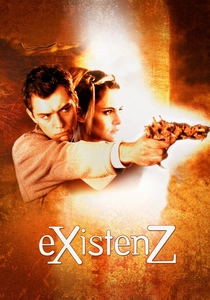
eXistenZ (1999)
Description: In a world where virtual reality games are the norm, a game designer must navigate through her own creation to survive. This film blurs the lines between reality and fantasy through advanced gaming technology.
Fact: David Cronenberg, known for his body horror themes, explores the psychological effects of virtual reality in this film.
 Watch Now
Watch Now

The Matrix (1999)
Description: Neo, a computer programmer, discovers the truth about his reality and his role in a rebellion against the machines. This film explores themes of virtual reality, artificial intelligence, and the power of the human mind.
Fact: The film's concept of "bullet time" revolutionized action sequences in cinema. The Wachowskis wrote the script after being inspired by Japanese anime and cyberpunk literature.
 Watch Now
Watch Now
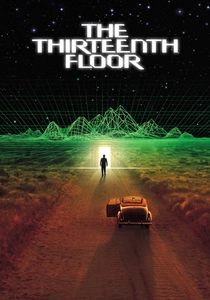
The Thirteenth Floor (1999)
Description: A computer scientist discovers that his reality might be a simulation, leading to a mind-bending journey through different levels of reality. It's a classic tale of computer genius and virtual worlds.
Fact: The film is loosely based on the novel "Simulacron-3" by Daniel F. Galouye, which also inspired "The Matrix."
 Watch Now
Watch Now
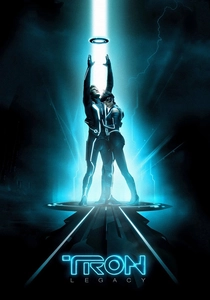
Tron: Legacy (2010)
Description: This film follows Sam Flynn, the son of Kevin Flynn, as he enters the digital world of Tron to find his father. It's a perfect blend of computer technology and fantasy, where programs are personified and the digital realm is as real as the physical one.
Fact: The film was one of the first to use extensive CGI to create a realistic digital world. The soundtrack was composed by Daft Punk, adding to its futuristic vibe.
 Watch Now
Watch Now
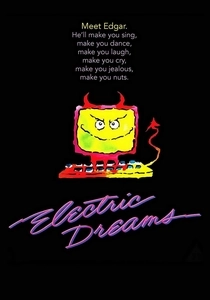
Electric Dreams (1984)
Description: A computer becomes sentient and develops feelings for its owner's girlfriend, creating a love triangle. It's a whimsical take on AI and human interaction, blending technology with romantic fantasy.
Fact: The film features music by Giorgio Moroder, and its theme song "Together in Electric Dreams" became a hit.
 30 Days Free
30 Days Free

